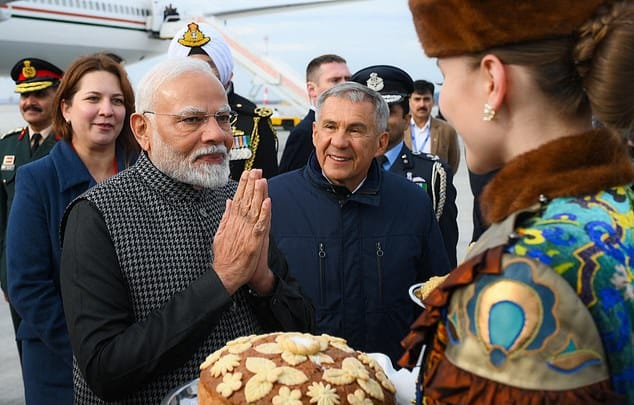Rudrapur: Uttarakhand Police in Udham Singh Nagar has announced a Rs.5 reward for information on three wanted criminals Sahab Singh, Jasveer Singh, and Manmohan Singh—who fled after an October 12 shootout in Jafarpur village. The gunfight, which injured eight people, saw about 40 rounds fired between rival groups. According to SSP Manikant Mishra, the token reward is meant to highlight how these criminals no longer command fear or influence. “They think they instill fear, but their worth is just ₹5,” Mishra said.
This unusual strategy aims to downplay the criminals’ significance and reduce public fear. Posters featuring the absconders will be distributed widely. The symbolic gesture contrasts with typical bounties, which range from thousands to crores based on the crime’s severity. By placing such a low value on their capture, authorities hope to diminish their status in the eyes of the public.
Sanjay Juneja, president of Rudrapur’s traders’ union, commended the move, saying it sends a clear message that these criminals are now seen as insignificant. Mukesh Sharma, a local shopkeeper, echoed this sentiment, stating that the initiative reduces fear in the community, which previously associated these offenders with terror.
In 2018, Delhi Police announced Rs.3.6 crore in rewards for help in capturing wanted criminals, showing a stark contrast in approach. Uttarakhand’s low bounty underlines its intent to symbolically strip these fugitives of their standing in society.

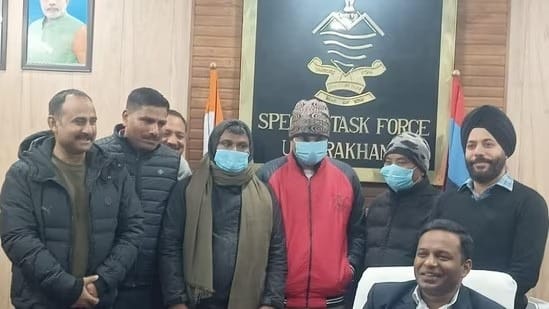

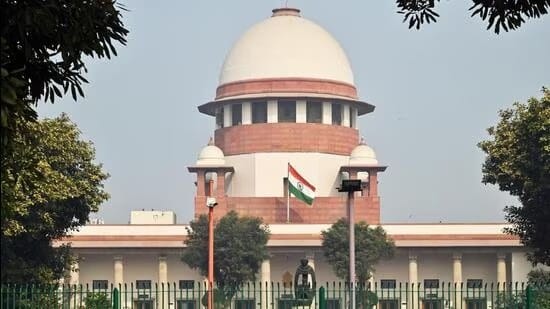

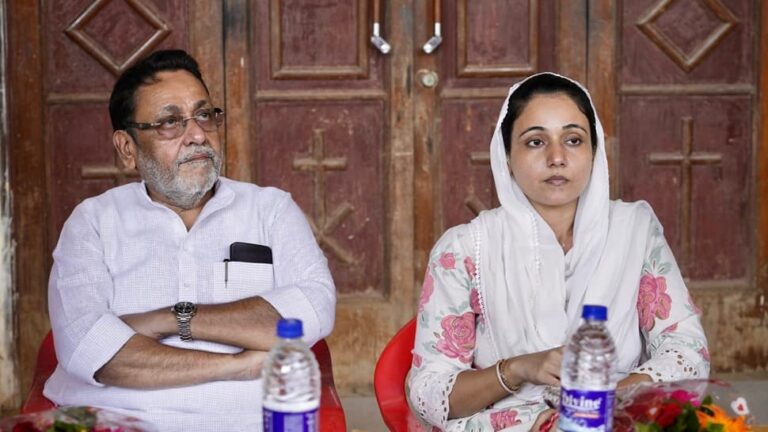
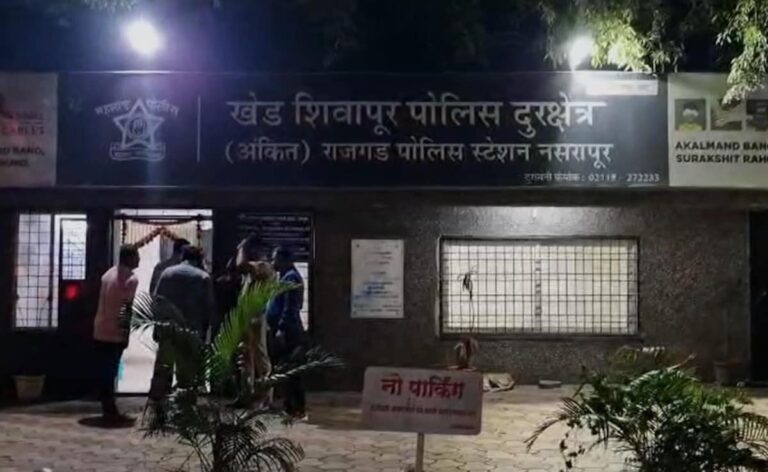
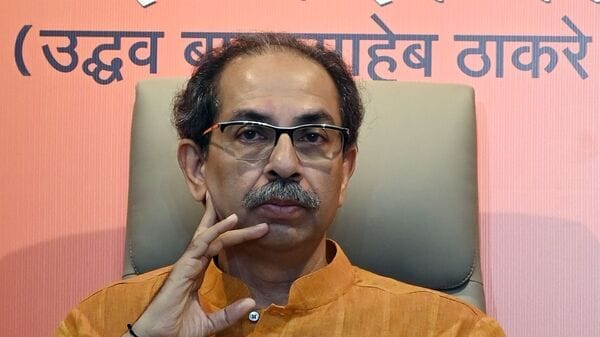

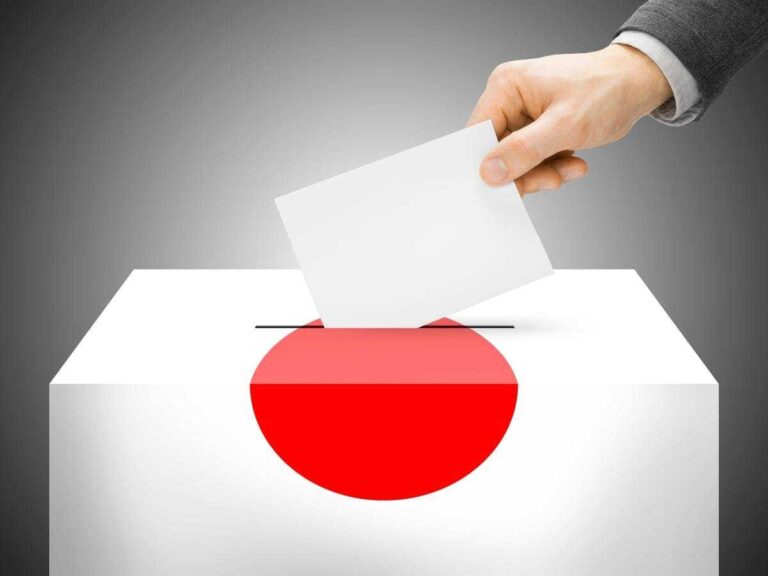
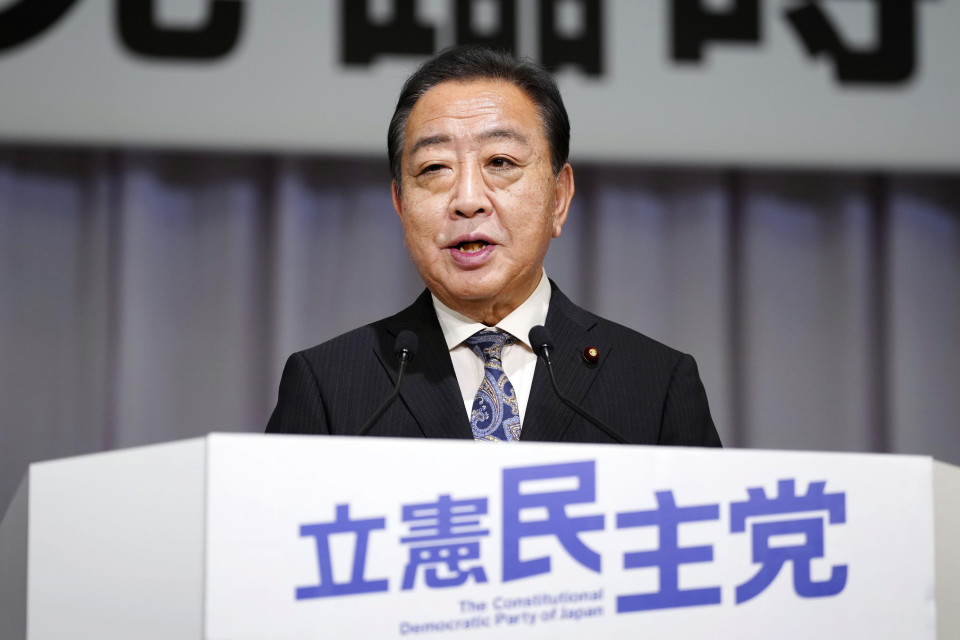 However, even within more progressive parties like the CDP, women only make up around 30% of candidates, far below the ideal threshold of equal representation. Meanwhile, Prime Minister Fumio Kishida has acknowledged the gender gap issue but has stopped short of endorsing quotas, preferring gradual change through voluntary reforms.
However, even within more progressive parties like the CDP, women only make up around 30% of candidates, far below the ideal threshold of equal representation. Meanwhile, Prime Minister Fumio Kishida has acknowledged the gender gap issue but has stopped short of endorsing quotas, preferring gradual change through voluntary reforms.